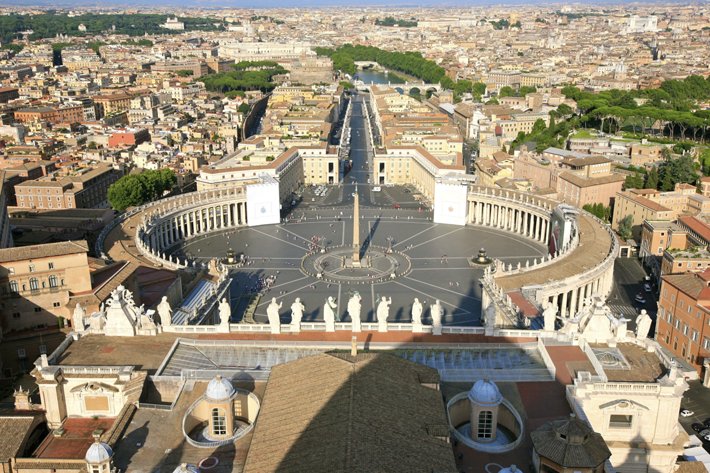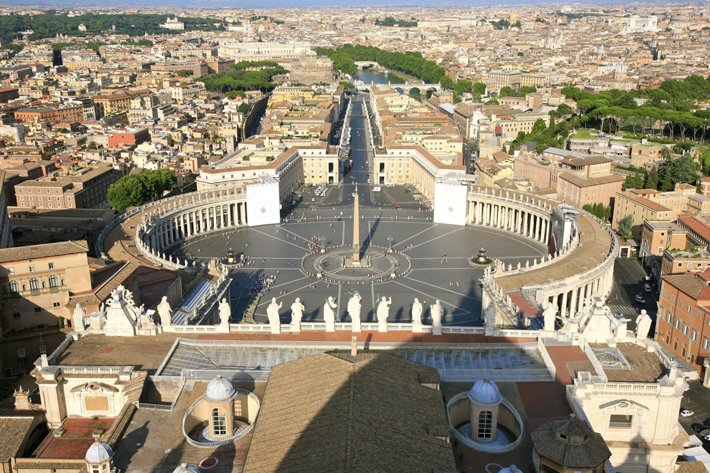
A much-anticipated Vatican document released in June related to Pope Francis’ vision of a more inclusive, decentralized Catholic Church where women play a more significant role offers a glimpse of what will occur at a pivotal international meeting of bishops in Rome in October.
The October 4-29 assembly, known as the Synod on Synodality, is a three-year process of dialogue and reflection that began in 2021 and aims to renew the Roman Catholic Church. Among the issues likely to figure at the upcoming synod will be “the question of women’s inclusion in the diaconate,” according to the recent Vatican document.
It’s not just one issue among others that you can tease out Casey Stanton, co-director of Discerning Deacons, a group dedicated to fostering dialogue about the female diaconate in the church, told Religion News Service in a July 25 article about the upcoming synod. “It’s actually kind of at the heart of the synod and we need to take a step forward that is meaningful, and that people can see and feel in their communities.”
Last April, in his latest effort to make leadership in the Catholic Church more inclusive, Pope Francis approved changes to the synod’s norms, emphasizing his vision of greater inclusivity whereby women will be given the right to vote for the first time at the October synod.
“Amid a steady chorus of demands that the Church open up leadership positions to women, since his election in 2013, Pope Francis has boosted their presence in the Roman Curia and also appointed two papal commissions to study the historical and theological record on women deaconesses,” the National Catholic Register noted in a June 23 analysis of the possibility of women deacons in the church.
“In the process, he has raised the hopes of those who seek a more radical break with Church tradition regarding the role of women,” the analysis added. “While those aspirations have not materialized, the Synod on Synodality has provided a new platform for advocates to make their case.”
The approaching synod already grants women a more significant role, permitting them to vote for the first time in any such gathering. Of the 364 voting participants, predominantly bishops, over 50 will be women. Nevertheless, women were not the primary focus of the synod, given that it was a project envisioned by Pope Francis to encourage discussions on a “new way of being church,” to revisit church power structures and reconsider the privileges held by clergy.
As the synod’s final phase unfolded, during which gatherings of bishops from different continents delved into the topics raised at the grassroots level, it became evident that the issue of women had become the focal point. The resulting document from those discussions strongly emphasized the “almost unanimous affirmation” to elevate the role of women within the church.
______________
From its beginnings, the Church of Scientology has recognized that freedom of religion is a fundamental human right. In a world where conflicts are often traceable to intolerance of others’ religious beliefs and practices, the Church has, for more than 50 years, made the preservation of religious liberty an overriding concern.
The Church publishes this blog to help create a better understanding of the freedom of religion and belief and provide news on religious freedom and issues affecting this freedom around the world.
The Founder of the Scientology religion is L. Ron Hubbard and Mr. David Miscavige is the religion’s ecclesiastical leader.
For more information, visit the Scientology website or Scientology Network.
DOWNLOAD THE WHITEPAPER

